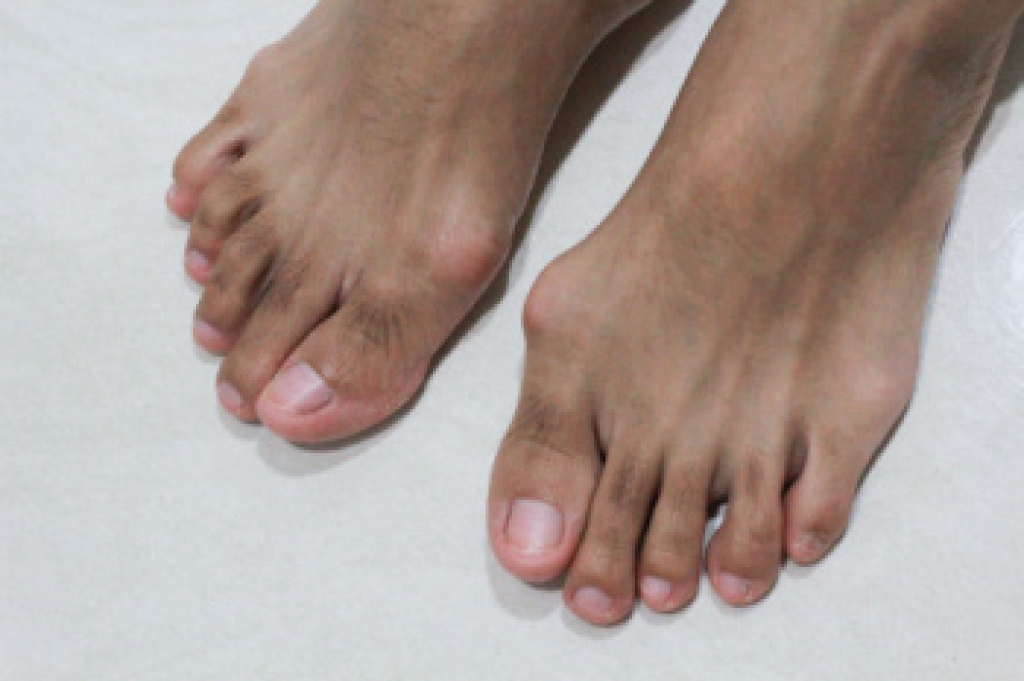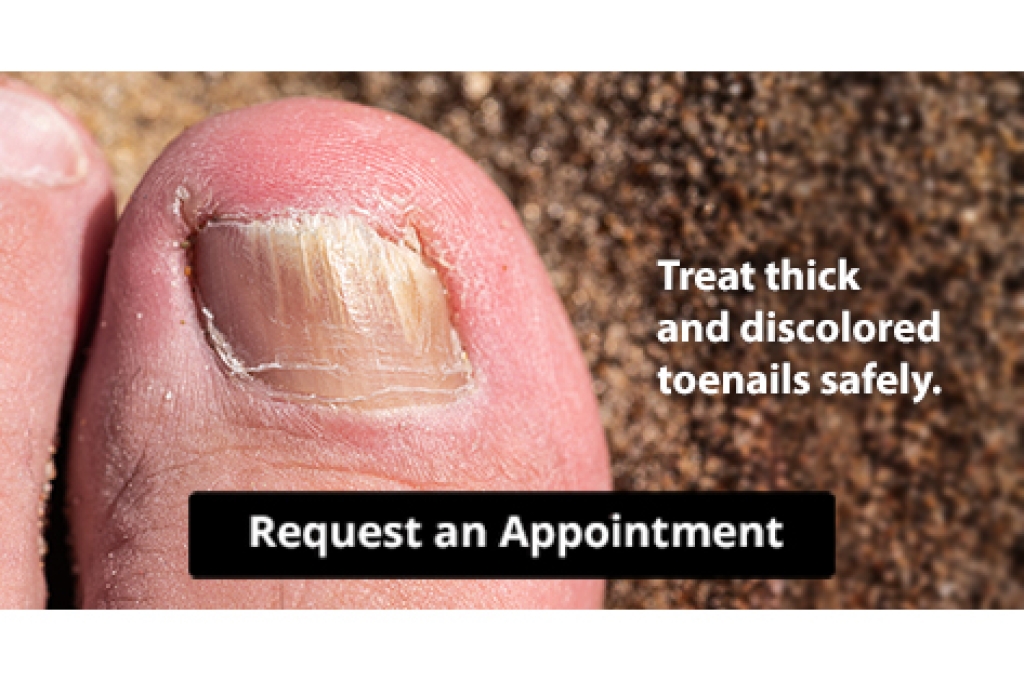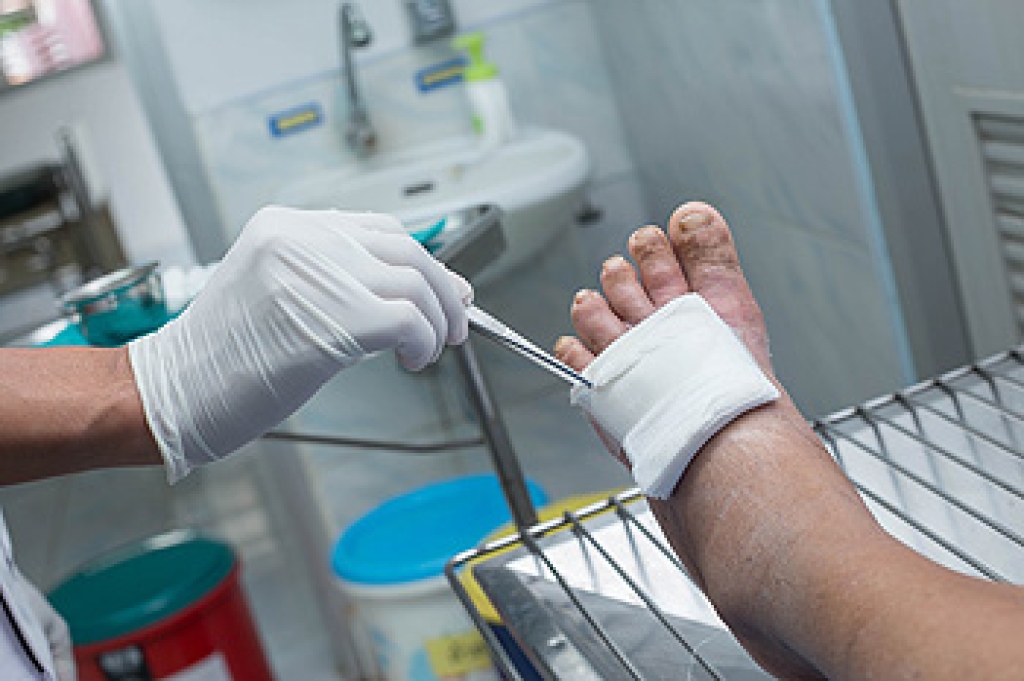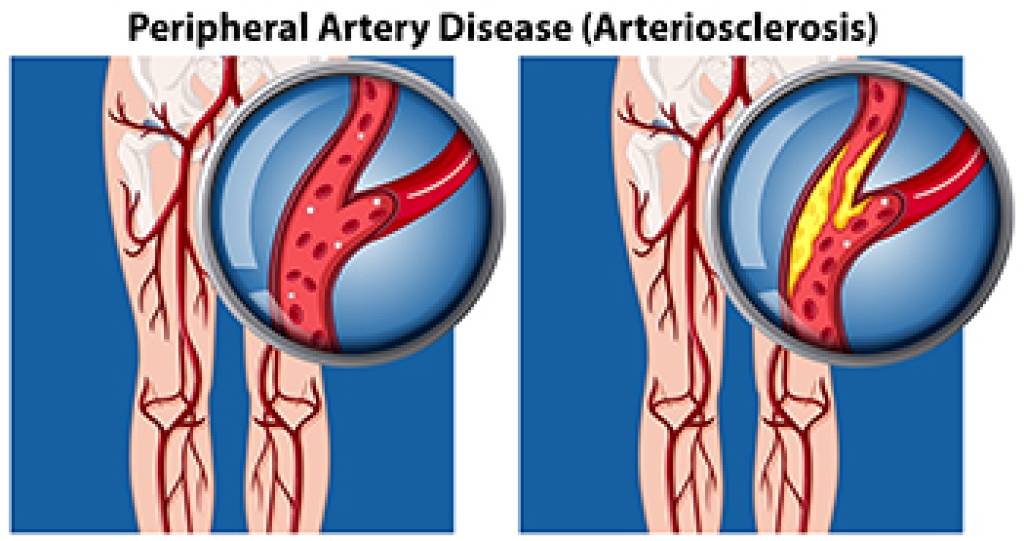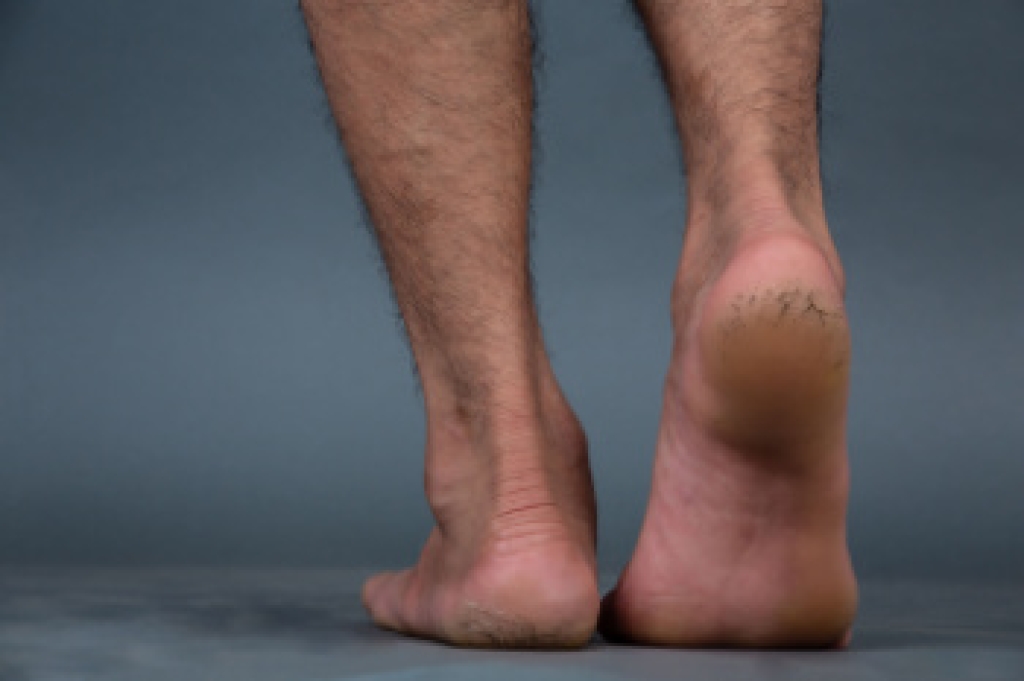
Cracked heels are a common foot condition in which the skin surrounding the heel becomes dry, thickened, and split. This occurs when the skin loses moisture and elasticity, making it less able to withstand pressure when standing and walking. Weather changes, especially cold or dry climates, can worsen dryness and contribute to skin breakdown. Symptoms include rough skin, flaking, itching, discomfort, and, in more severe cases, painful fissures that may bleed. Risk factors include prolonged standing, wearing open back footwear, obesity, and underlying medical conditions that affect skin health. A podiatrist can assess the severity, provide professional treatment, and recommend proper skin care. If you have cracked or bleeding heels, it is strongly suggested that you consult a podiatrist who can offer effective treatment solutions, which may include prescribed medication.
Cracked heels are unsightly and can cause further damage to your shoes and feet. If you have any concerns, contact Bryan Sullivan, DPM from Mississippi Foot Center . Our doctor can provide the care you need to keep you pain-free and on your feet.
Cracked Heels
Cracked heels appear unappealing and can make it harder for you walk around in sandals. Aside from looking unpleasant, cracked heels can also tear stockings, socks, and wear out your shoes. There are several methods to help restore a cracked heel and prevent further damage.
How Do You Get Them?
Dry skin is the number one culprit in creating cracked heels. Many athletes, walkers, joggers, and even swimmers suffer from cracked heels. Age and skin oil production play a role to getting cracked heels as well.
Promote Healing
Over the counter medicines can help, especially for those that need instant relief or who suffer from chronic dry feet.
Wear Socks – Wearing socks with medicated creams helps lock in moisture.
Moisturizers – Applying both day and night will help alleviate dryness which causes cracking.
Pumice Stones – These exfoliate and remove dead skin, which allows for smoother moisturizer application and better absorption into the skin.
Change in Diet
Eating healthy with a well-balanced diet will give the skin a fresh and radiant look. Your body responds to the kinds of food you ingest. Omega-3 fatty acids and zinc supplements can also revitalize skin tissue.
Most importantly, seek professional help if unsure how to proceed in treating cracked heels. A podiatrist will help you with any questions or information needed.
If you have any questions, please feel free to contact our office located in Jackson, MS . We offer the newest diagnostic and treatment technologies for all your foot care needs.
